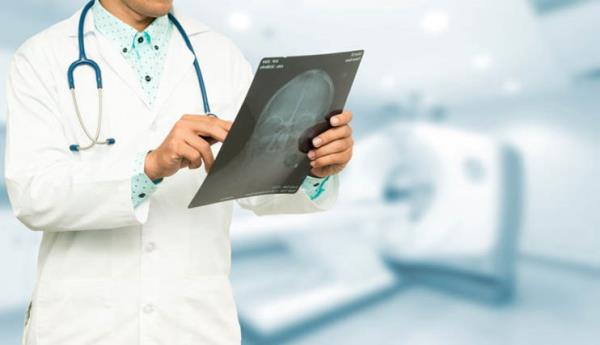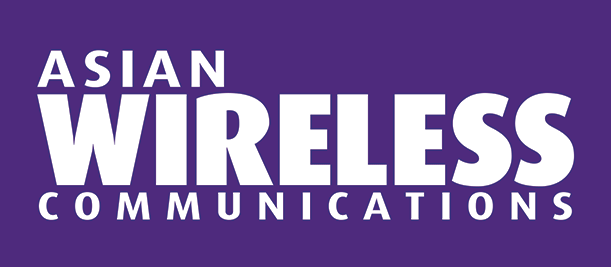03 December 2024

The relatively new Vejthani Hospital, established in 1994, is one of the leading private international hospitals in Thailand today. Serving over 300,000 patients a year from over 150 countries, with more than 200 inpatient beds, the hospital is accredited by Joint Commission International (JCI), a US-based organization that certifies health care quality and patient safety of top-tier hospitals across the globe.
Using innovative medical technologies, the hospital’s internationally trained specialists offer world-class health care standards to give patients the most comfortable medical experience.
Comprehensive Wi-Fi

Vejthani Hospital’s previous network needed to be improved to ensure comprehensive Wi-Fi coverage and high speed in all areas. The primary objective was to improve user experience and support state-of-the art technologies such as 5G, Artificial Intelligence (AI), Internet of Things (IoT) and robotics.
After studying customer requirements, Huawei proposed a software-defined network (SDN) architecture, based on a three-phase roadmap to build intelligent connectivity, and help transform Vejthani into a smart hospital.
Phase one consisted of the installation of Wi-Fi 6 in a pilot building, with an initial set of 65 Access Points (APs) to enable super-high-speed internet access for doctors, medical staff, and patients in the hospital’s open areas. This solution enables the medical staff to access Cloud services, while supporting the hospital’s wireless intranet system, including LIS (Laboratory Information System), PACS (Picture Archiving and Communication System) and HIS (Hospital Information System). It was designed to support the addition of new applications in the future.
Next, Phase 2 saw more hospital buildings integrated into the new Wi-Fi 6 network, facilitating the full use of the new software. To do so, Huawei increased the network size by replacing the core switch with a bigger one (25/40/100 GE High-Density port) and adding another 351 Access Points (APs).
In Phase 3, the system was further enhanced by adding intelligent technologies such as 5G, and AI plus Analytics.
Overall, Huawei provided 416 new Wi-Fi 6 Access Points (APs) with multi-GE links allowing up to 5.76 Gbps speed; two Multi-GE Core Switches for 5G speed, for maximum reliability and high bandwidth; one data centre with two redundant 10G Server Switches; and three units of iMaster Network Cloud Engine (NCE) – Huawei’s next-generation driving network management and control system for campus networks, with autonomous monitoring and error detection, as well as proactive prevention and maintenance to facilitate the work of IT officers and ensure system continuity.
An intelligent network
Following the full rollout of all three phases, Vejthani Hospital benefited from lower operating costs and higher system efficiency and reliability. With the upgrade, bottleneck issues were reduced, and the facility gained a centralized network management and control system with iMaster NCE, with the possibility to extend the core switches to up to 100 GE.
“This signifies a model for improving Thailand’s public health sector in the future, and it contributes to Siriraj’s transition to being a smart hospital, in line with Huawei’s goal to ‘Grow in Thailand, Contribute to Thailand’,” said CEO of Huawei Thailand, Abel Deng.
Notably, Vejthani Hospital is now equipped with an intelligent network, reducing the need for maintenance and equipment change. Looking ahead, the network system can expand and integrate 5G and AI and support innovative medical applications such as real time applications (smart ambulance, telemedicine) or robotics as initially planned. Indeed, Vejthani Hospital’s medical staff now benefit from high-speed internet and Cloud access while patients enjoy a better internet experience.
“Thailand understands the importance of technology, and today is an important first step in the utilization of digital technologies and 5G in the medical field,” said Thai Prime Minister Prayut Chan-o-cha. “We are thankful for the long-lasting friendship and collaboration between Thailand and China. We admire Siriraj Hospital and Mahidol University and would like to thank Huawei, NBTC, and all other partners. We hope the project will act as a blueprint for all smart hospitals in Thailand going forward.”







